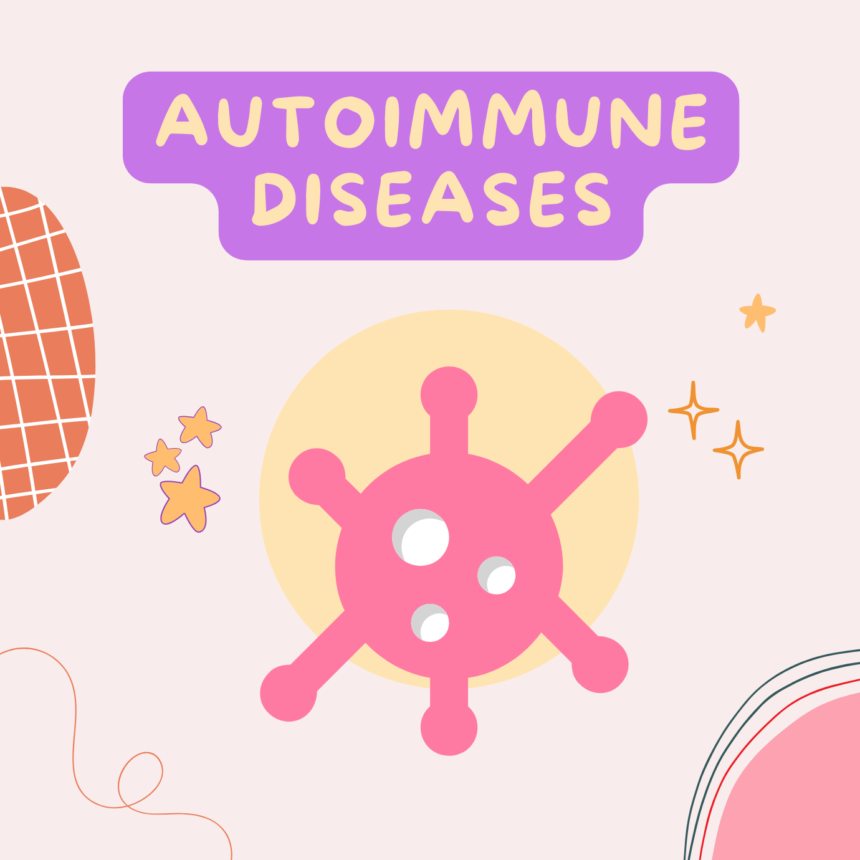Psoriasis is a chronic skin condition that extends beyond the surface of the skin, affecting various aspects of a person’s life. In this article, we will explore the impacts of psoriasis and the available treatment options.
Understanding Psoriasis:
Psoriasis is an autoimmune condition that causes the rapid buildup of skin cells. This buildup results in raised, red, scaly patches on the skin’s surface. These patches can be itchy and painful and often appear on the elbows, knees, scalp, and lower back.
Impacts of Psoriasis:
- Physical Discomfort: The most immediate impact of psoriasis is physical discomfort. Itching, pain, and the feeling of tight, dry skin can be constant challenges.
- Emotional Stress: Psoriasis can have a profound impact on a person’s mental health. The visibility of the condition can lead to feelings of self-consciousness, embarrassment, and low self-esteem. The emotional stress can further exacerbate the condition in a vicious cycle.
- Social Isolation: Due to the visible nature of psoriasis, individuals with this condition may withdraw from social activities, leading to feelings of isolation and depression.
- Work and Daily Life: Psoriasis can affect an individual’s ability to perform everyday tasks and work-related activities, particularly if lesions are on the hands or feet.
Treatment Options:
While there is no cure for psoriasis, several treatment options are available to manage and alleviate symptoms:
- Topical Treatments: These include creams, ointments, and shampoos that can help reduce inflammation and slow down skin cell growth.
- Phototherapy: Exposure to ultraviolet light under medical supervision can help improve psoriasis symptoms. Natural sunlight can also be beneficial in moderation.
- Oral and Injectable Medications: In severe cases, oral or injectable medications that target the immune system may be prescribed to reduce inflammation and slow skin cell growth.
- Lifestyle Modifications: Lifestyle changes such as maintaining a healthy weight, managing stress, and avoiding triggers like certain medications, smoking, or excessive alcohol consumption can help manage psoriasis.
- Biologics: These are a type of medication that targets specific parts of the immune system involved in psoriasis. They are typically reserved for severe cases.
- Supportive Therapies: Counseling and support groups can help individuals cope with the emotional toll of psoriasis.
Conclusion:
Psoriasis is a complex condition that affects not only the skin but also a person’s emotional and social well-being. While there is no cure, numerous treatment options are available to manage symptoms and improve quality of life. If you or someone you know is dealing with psoriasis, seeking medical advice and emotional support can make a significant difference in managing this condition.



